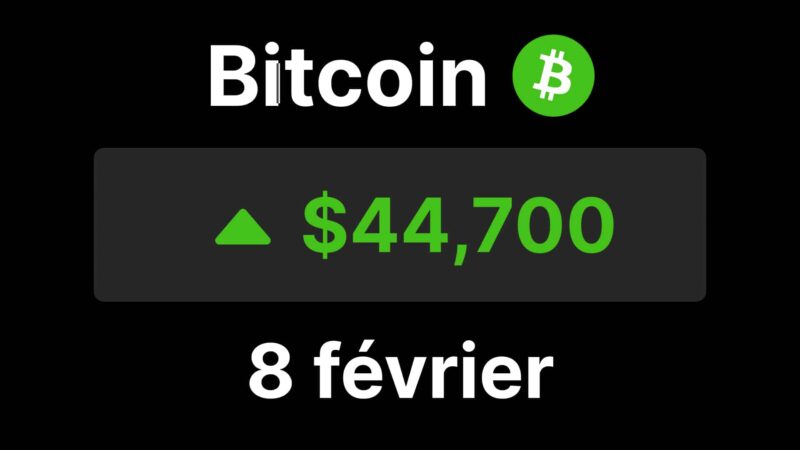Base, Coinbase’s blockchain, has been accused of promoting a rugpull after a 95% drop in the ‘Base is for everyone’ token, which was automatically generated via Zora and publicly shared by Base.
The three largest holders sold off a significant amount of their tokens, pocketing over $666,000 and sparking allegations of a rugpull.
Base defends itself by mentioning an unofficial ‘contentcoin’ experiment, but the lack of transparency and warnings has sparked strong outrage.
Base Shares a Memecoin… with little success
The Base platform, developed by Coinbase as a Layer 2 solution on Ethereum, is facing a media storm after publicly launching a token that lost nearly 95% of its value within minutes of reaching a rapid peak. Titled ‘Base is for everyone’, the token was born from a post on the on-chain social network Zora, which automatically converts posts into tokens. The initial hype only propelled its market cap to $17 million before it sharply dropped to under $2 million, angering the community.
The drop is believed to have been caused by the massive token sales from the three largest holders, who owned 47% of the supply. These sudden sales generated over $666,000 in profits for these wallets, according to Lookonchain’s analysis. The event was perceived by many users as a rugpull, with some accusing Base and Coinbase of promoting a memecoin without sufficient warning.
Base is for everyone has since slightly recovered to over $11 million in market cap.
Base’s Defense: A ‘Contentcoin’, Not an Official Project
In response to the controversy, Base sought to clarify its position: it is not an official token. In an email response, a spokesperson stated that Base did not launch or sell this token, emphasizing that the original post automatically generated the token via Zora’s mechanism.
The token is presented on Zora as an ‘experimentation’ within a concept called contentcoin, a new form of interaction between content and tokenization. The legal disclaimers clearly stated that this token was not affiliated with Base or Coinbase and that no investment returns should be expected.
Base received 10 million tokens as a ‘creator’, with a commitment to never sell them. The fees generated will be fully allocated to grants for network developers.
A Lack of Transparency at the Heart of Criticism
However, these clarifications have not been enough to appease users’ anger. The token launch, without clear context or visible warnings at the time of purchase, was seen as a reckless risk-taking move by a structure backed by a publicly traded company.
Abhishek Pawa, founder of AP Collective, called it a ‘disastrous execution’ and ‘catastrophic communication’. He believes that the idea of a contentcoin could be promising, but its rushed deployment and lack of education caused complete confusion among traders. On the other hand, Jesse Pollak, the creator of Base, maintained his defense, insisting on the experimental nature of the project.
Many users agree on one point: this explanatory message should have been posted before the purchase link. For now, Base has not responded to these criticisms, leaving the community in suspense.




